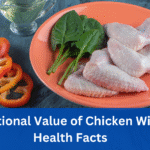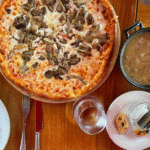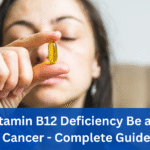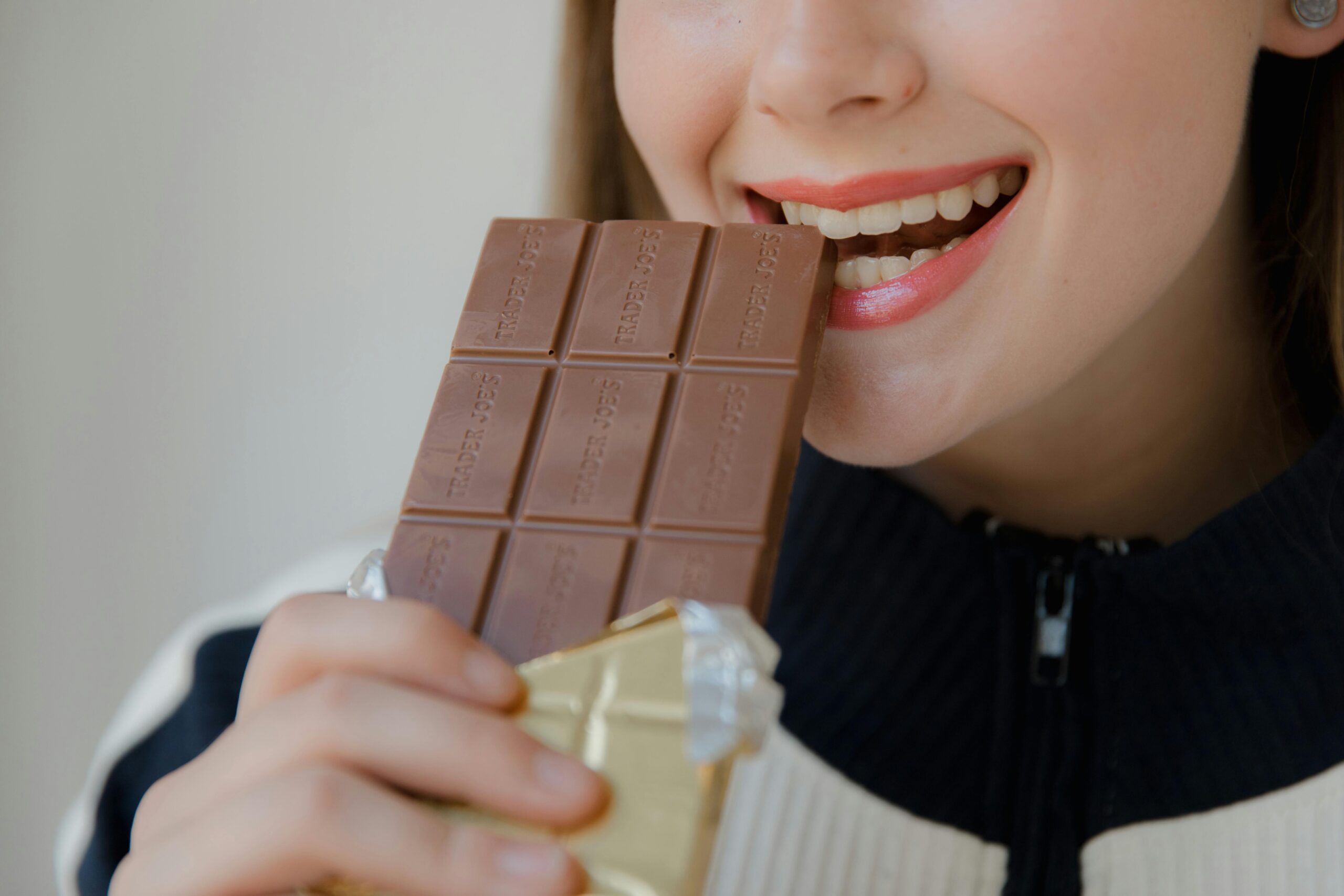I. Introduction
Nissen fundoplication is a common surgical procedure performed to treat severe gastroesophageal reflux disease (GERD). For individuals whose symptoms aren’t managed by medication or lifestyle changes, this surgery provides relief by strengthening the barrier between the stomach and esophagus. One often surprising but important restriction is avoiding chocolate. If you’re wondering why no chocolate after Nissen fundoplication, the answer lies in how this sweet treat affects your digestive system, particularly the lower esophageal sphincter (LES), which plays a crucial role in preventing acid reflux.
II. Understanding Nissen Fundoplication
Nissen fundoplication is a minimally invasive surgery where the top part of the stomach is wrapped around the lower end of the esophagus. This tightens the LES and helps prevent stomach acid from flowing backward, reducing reflux symptoms and esophageal damage.
A ring-shaped muscle called the LES serves as a valve connecting the stomach and esophagus. This muscle weakens or relaxes improperly in GERD patients, allowing acid to pass up into the esophagus. Strengthening the LES through surgery restores its function, promoting better digestion and fewer reflux episodes.
III. The Role of Chocolate in Triggering Acid Reflux
Although many people find chocolate to be comforting, it is known to cause acid reflux. It contains several compounds that interfere with the proper functioning of the LES. Notably, chocolate causes acid reflux by letting the stomach’s acid escape by relaxing the sphincter.
Chocolate is rich in caffeine and theobromine—both known to lower LES pressure. Its fat content can also slow gastric emptying, increasing the chance of reflux. This combination creates a perfect storm for GERD patients, especially those recovering from surgery. Therefore, the link between chocolate and acid reflux after fundoplication is a critical concern for post-op care.
IV. Why Chocolate Is Restricted After Surgery
The restriction on chocolate post-surgery isn’t arbitrary—it’s a strategic decision to support healing and reduce complications. After Nissen fundoplication, the LES is more tightly reinforced, but it remains sensitive during recovery. Consuming chocolate can irritate this area and trigger reflux-like symptoms even after surgical correction.
This phase is essential for healing after reflux surgery, and avoiding known dietary triggers is part of the recovery protocol. While the surgery can correct mechanical issues, dietary missteps can undermine its benefits. Thus, understanding why avoid chocolate after Nissen fundoplication is essential for a smoother and more successful healing journey.
V. Other Foods to Avoid After Nissen Fundoplication
Chocolate isn’t the only concern. Several foods and drinks are known to exacerbate reflux or delay gastric emptying. Foods to avoid after Nissen fundoplication surgery typically include:
-
Caffeinated beverages
-
Carbonated drinks
-
Spicy dishes
-
Fatty meats
-
Fried foods
-
Acidic items like citrus and tomatoes
These items can compromise the surgery’s effectiveness and worsen symptoms. By avoiding reflux-inducing foods, patients give their digestive system the best chance to adapt and heal without setbacks.
VI. Phases of Post-Fundoplication Diet
Recovery from Nissen fundoplication involves a phased dietary approach. The Nissen fundoplication diet phase begins with clear liquids, followed by full liquids, soft foods, and eventually a return to regular textures.
During each phase, patients are encouraged to follow dietary guidelines post-Nissen, which include:
-
Eating small, frequent meals
-
Chewing food thoroughly
-
Avoiding lying down after meals
-
Staying hydrated
Chocolate is typically reintroduced—if at all—during the final stages and only with a doctor’s approval. At this point, questions like can you eat chocolate after Nissen fundoplication are best addressed in consultation with a healthcare provider based on symptom monitoring.
VII. Safe Alternatives to Chocolate
If you miss sweets during recovery, don’t worry. There are plenty of reflux-friendly options that won’t irritate your digestive tract. Consider:
-
Applesauce
-
Rice pudding
-
Yogurt with low-fat content
-
Herbal teas with honey
This raises another common question: is dark chocolate safe after anti-reflux surgery? While dark chocolate contains less sugar and fewer additives than milk chocolate, it still has caffeine and theobromine, which may irritate sensitive digestive systems. Even dark varieties should be consumed with caution, if at all.
VIII. Expert Opinions and Clinical Recommendations
Medical professionals widely agree that post-op patients should steer clear of known GERD triggers. Gastroenterologists claim that fatty meals, chocolate, and coffee can disrupt LES function and make recovery more difficult. Clinical guidelines support eliminating such items during the recovery period.
Experts stress the importance of long-term post-surgery GERD management, which involves continued avoidance of trigger foods, weight management, and stress reduction. This holistic approach ensures lasting surgical success and symptom relief.
IX. Long-Term Dietary Considerations
Long after the initial healing period, many patients continue to benefit from a GERD-friendly lifestyle. This includes identifying and avoiding personal reflux triggers and sticking with foods that support digestion. Those wondering what not to eat after Nissen fundoplication in the long run should continue avoiding or limiting:
-
High-fat snacks
-
Processed foods
-
Caffeinated beverages
-
Alcohol
-
Acidic fruits
Following LES function and diet best practices ensures that the LES remains strong and effective. Adapting to these dietary changes may take time, but it can significantly reduce the likelihood of GERD recurrence.
X. Final Thoughts
Nissen fundoplication can be life-changing for individuals suffering from chronic GERD. However, the success of this surgery heavily depends on adherence to dietary recommendations—especially in the weeks and months following the procedure.
Understanding the risks of chocolate in this context helps patients make informed decisions. The combination of chocolate sensitivity after surgery, its high-fat content, and caffeine-related concerns all contribute to the clear recommendation: steer clear of chocolate during recovery and reintroduce only under medical guidance.
By prioritizing proper nutrition and understanding why no chocolate after Nissen fundoplication, patients can maximize surgical benefits and minimize the risk of reflux recurrence.
XI. FAQs
1. Can I ever eat chocolate again after Nissen fundoplication?
Possibly, but only with your doctor’s approval and based on how your body responds during recovery.
2. Why does chocolate cause heartburn after surgery?
Chocolate contains caffeine and fat, which can reduce LES pressure and trigger reflux—especially in a healing digestive system.
3. How long should I avoid chocolate post-op?
At least until you’ve completed all phases of recovery. Many doctors recommend waiting 6–12 weeks before testing trigger foods.
4. What are signs chocolate is triggering reflux?
Bloating, chest discomfort, sour taste in the mouth, and regurgitation are common symptoms that may indicate a reaction.





